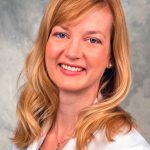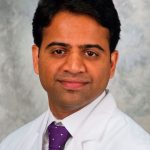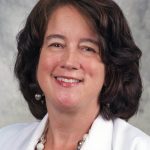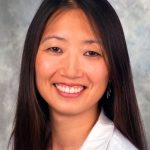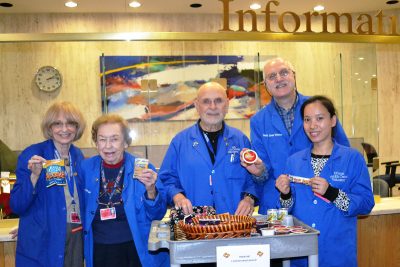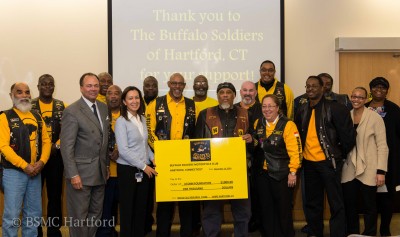UConn Health and the UConn Foundation are pleased to announce the recipients of the 2015 Carole and Ray Neag Medal of Honor. Philanthropists Mark and Laura Yellin and corporate supporter Straumann USA will be honored at the 6th Annual White Coat Gala.
The White Coat Gala will be held on Saturday, April 25, 2015 at the Connecticut Convention Center in Hartford. Scot Haney, meteorologist and co-host of “Better Connecticut” on WFSB Channel 3, will host alongside University President Susan Herbst.
“We are proud to honor philanthropists Mark and Laura Yellin and Straumann USA. The Carole and Ray Neag Medal of Honor recognizes those individuals and corporate partners whose outstanding contributions to the field of medicine and UConn Health serve as an example of what we all hope to achieve: to make a difference in the lives of others. We are deeply grateful to the Yellins and Straumann USA for their longstanding generosity and partnership,” said Herbst.

Since 1984, Mark and Laura Yellin have been steadfast supporters of the Carole and Ray Neag Comprehensive Cancer Center at UConn Health. In addition to their personal philanthropy, Mark Yellin has served as chairman of the UConn Cancer Research Golf Tournament for 26 years, leading a committee of dedicated volunteers who share a common goal to eradicate cancer. The tournament has raised more than $1.7 million since its inception for research projects, new technology and equipment, and faculty initiatives.
“Laura and I feel extremely privileged and honored to receive the 2015 Carole and Ray Neag Medal of Honor,” said Yellin. “Cancer is a deadly foe that indiscriminately attacks families and friends. We have spent the last 37 years raising funds to battle this deadly disease. At UConn Health, we have been able to clearly see that the funds raised are used directly, efficiently, and productively in the battle against cancer.”
Straumann USA is a global leader in implant dentistry and a pioneer of innovative technologies. As a leading developer of surgical, restorative, regenerative, and digital solutions for dentistry and laboratory use, Straumann USA’s partnership with the UConn School of Dental Medicine has provided profound benefit to faculty, students, and patients. Straumann’s longstanding support of the dental school’s academic, clinical, and research missions contributes toward UConn’s international reputation as a top-tier institution for groundbreaking research, extraordinary patient care, and unrivaled education and training for the next generation of leaders in dental medicine.
 “Words cannot express our pride and delight in receiving this honor,” said Andy Molnar, EVP of Straumann North America. “Despite persistent difficult economic circumstances and pressure to cut costs, we as an organization have maintained our annual investment in research and development at more than 5 percent of net revenues. We are committed to high-quality research based on collaboration with a network of world renowned researchers, clinicians, and academics.”
“Words cannot express our pride and delight in receiving this honor,” said Andy Molnar, EVP of Straumann North America. “Despite persistent difficult economic circumstances and pressure to cut costs, we as an organization have maintained our annual investment in research and development at more than 5 percent of net revenues. We are committed to high-quality research based on collaboration with a network of world renowned researchers, clinicians, and academics.”
The White Coat Gala has raised more than $3.2 million for UConn Health, Connecticut’s flagship public academic medical center. This special event celebrates UConn Health’s eminent physicians, dentists, and researchers who are translating discoveries made in the lab into advances in healthy aging, dentistry, orthopedics and intractable diseases like cardiovascular disease and cancer.
Proceeds from this year’s White Coat Gala will benefit UConn Health’s comprehensive campus revitalization project, called Bioscience Connecticut. Major projects include new state-of-the-art outpatient and hospital facilities and expansions for research laboratories and business incubator spacing. Additionally, a modern addition will be built on the academic building to accommodate a 30 percent increase in medical and dental students.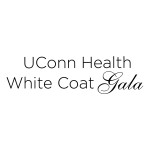
The White Coat Gala is supported by the generosity of sponsors. Media sponsorship is generously provided by WFSB Channel 3.
To purchase tickets, visit friends.uconn.edu/whitecoatgala or call (860) 486-1001. Contact Amy Chesmer at (860) 336-6706 or achesmer@foundation.uconn.edu for information about sponsorship opportunities. For all other questions, e-mail uchcgala@foundation.uconn.edu or call (860) 486-1001.


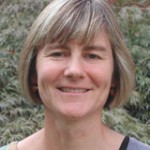
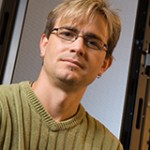
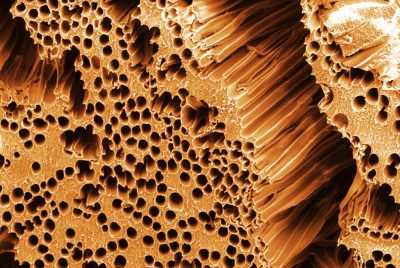 Congratulations to
Congratulations to 